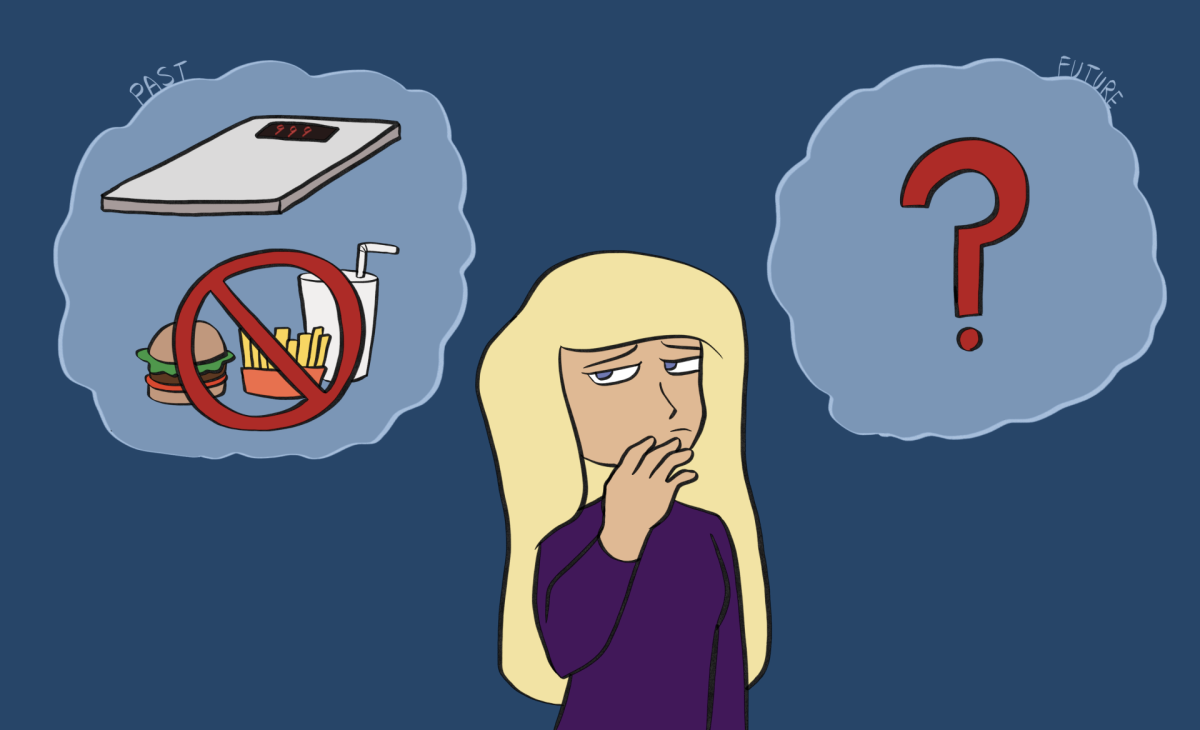The sex industry has consistently been one of the most physically and psychologically damaging environments to work in, and aside from the top tier professionals with politicians on their client rolodex, much of the industry’s danger comes from the unregulated and often outdoors working conditions.
Regardless of legality, the industry continues to grow. There are currently 40 million sex workers worldwide, 50 percent of whom are HIV infected. This $58 billion a year industry is nearly five times more lucrative than the illegal arms trade, and the murder rate for prostitutes is 204 out of every 100,000, making it the single most dangerous occupation in the United States.
While touching documentaries and successful nonprofits have helped to provide more transparency and resources for sex workers, the industry numbers have yet to go down, or demonstrate any sort of decrease in the danger or health risks associated with the job. So what’s the solution? Harsher punishment for offenders would only drain more American taxpayer dollars into the corrections system, and further mandates to outlaw would be as useful as those to further outlaw marijuana use. It’s happening in massive numbers with total disregard for legislation’s opinion.
While JohnTV and the famous video vigilante make a valiant effort to stop prostitution from happening in neighborhoods, the only real way to get prostitution off of main streets is to provide alternative locations for business.
Keeping the morality argument out of the equation, (frankly it holds little relevance with respect to solving this serious societal problem) the legalization of the sex industry is virtually the only way to regulate and set safe health standards for workers and clients. It’s widely accepted that prostitution is immoral, but that’s not the issue at hand. Prostitution, like crime, will never cease to exist thus we must find a way to best deal with it in order to provide the safest conditions possible.
Canada is one of 22 countries where prostitution is completely legal and regulated, and it recently went one step further in order to promote safe working environments for its citizens involved in the industry.
Ontario’s highest court recently legalized brothels after a panel of five judges found the original law banning common bawdyhouses as discriminatory against sex workers and their ability to work in safe environments, calling it “grossly disproportionate.”
“The record is clear that the safest way to sell sex is for a prostitute to work indoors, in a location under her control,” the judges wrote in a much anticipated ruling.
According to CNN interview, former sex worker Valerie Scott cited an appreciation for being recognized by the mainstream. “It is so nice to see that we are now brought out into society. I feel a debutante at a ball. We’re almost full citizens, so this is wonderful,” she said.
Despite Scott’s approval, it’s important to understand that in no way is Canada attempting to create a praised society or glamorize the industry by starting a homecoming court for prostitutes, it is merely attempting to solve a serious problem through transparency and regulation.
Canada’s Prime Minister Stephen Harper has duly noted that prostitution is harmful to society, communities and, most specifically, sex workers themselves, and in no way is Ontario’s recent ruling a disregard for this note. Rather, it is a logical step in working toward eliminating this social hazard.
We’ve learned this lesson ten times over in the past, forbidding doesn’t solve anything; it merely provides an outlet for people to continue their activity in a more dangerous setting. Take the thousands of botched back-alley abortions that took place in the early and middle 20th century, or how crime rates spiked during the 1920’s prohibition period.
Morality cannot, and should not, be enforced by the government. It is a personal, albeit necessary and beneficial, virtue to possess in one’s life, but it is one that must be judged on an individual level. Much like religion, government has no business in attempting to implement a standard on its citizens. Instead, the role of government is to provide resources, enforce law and help maintain order.
If the United States wants to see changes in the sex industry, or has any hope of it one day being obsolete, we should follow Canada’s suit and allow government to serve its natural purpose.
Regulate to eliminate.







